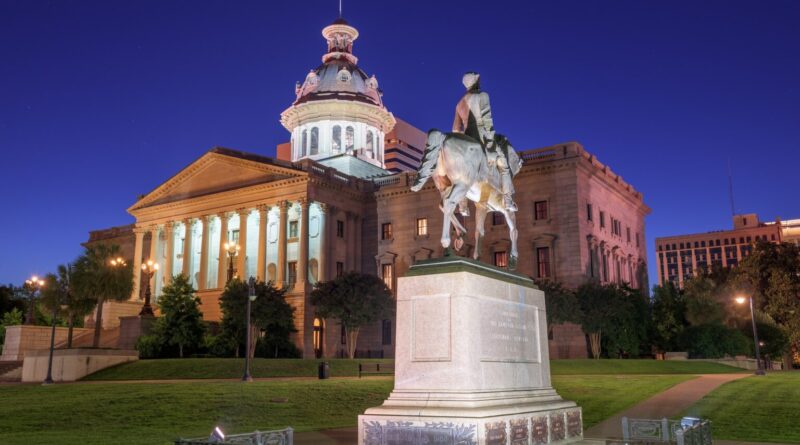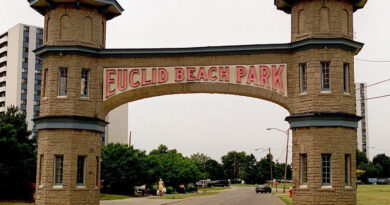History of Columbia South Carolina
Columbia, the capital of South Carolina, stands as a testament to the state’s vibrant history and cultural heritage. From its humble beginnings to its status as a modern hub, Columbia’s story is one of resilience, progress, and transformation. Tracing its roots back centuries unveils a rich tapestry of events, personalities, and milestones that have shaped this dynamic city into what it is today.
Early Settlement and Founding
Columbia’s history dates back to the late 17th century when European settlers first established small communities along the banks of the Congaree River. Originally inhabited by indigenous peoples, the area witnessed the arrival of English, French, and German settlers who were drawn to its fertile land and strategic location.
In 1786, the South Carolina General Assembly selected the site for Columbia to serve as the new state capital, replacing Charleston. Named in honor of Christopher Columbus, Columbia was envisioned as a center of government, commerce, and culture.
Antebellum Era and Civil War
During the antebellum period, Columbia flourished as a regional hub for trade and agriculture. Its proximity to major waterways facilitated the transportation of goods, while the development of plantations fueled the economy through cotton cultivation.
However, the Civil War cast a dark shadow over Columbia. In February 1865, Union forces under General William Tecumseh Sherman captured the city and set fire to much of its downtown area, leaving widespread destruction in their wake. The burning of Columbia remains a significant event in the city’s history, symbolizing the hardships endured during the war.
Post-Reconstruction and Growth
Despite the devastation of the Civil War, Columbia gradually rebuilt and experienced a period of growth and expansion in the late 19th and early 20th centuries. The construction of railroads, the establishment of educational institutions such as the University of South Carolina, and the growth of industries fueled the city’s development.
Columbia emerged as a cultural and educational center, attracting artists, intellectuals, and professionals from across the region. The city’s diverse population contributed to its vibrant atmosphere and rich cultural landscape.
Modern Era and Beyond
In the 20th century, Columbia continued to evolve, embracing modernization and urban development. The Civil Rights Movement brought about significant social change, challenging segregation and advocating for equality. Columbia played a pivotal role in this movement, with local activists leading demonstrations and campaigns for civil rights.
Today, Columbia stands as a dynamic city that blends its storied past with contemporary innovation. Its historic districts, cultural attractions, and thriving economy attract visitors and residents alike, while its commitment to preserving its heritage ensures that its legacy endures for future generations.
Discover more from City Towner
Subscribe to get the latest posts sent to your email.




